Article created by: Robertas Lisickis
While attempts at going to outer space and exploring the cosmos, or diving deep into our vast oceans and trying to figure out where the heck is Nemo are all fine and dandy, but there’s more to learn about the world we live in than just physical exploration.
Take learning about cultures, religion, and just all things societies, for instance. Humans are complicated beings in general, but the social and societal structures we’ve built is the same vast vat of everything as is the ocean deep and space infinite.
People on AskReddit were curious about these exact things in a now-viral thread, where u/yahyahashash asked the lovely people of Reddit to share things they’ve discovered about a different culture or religion that completely blew their minds.
Over 9,400 comments later, we have a slew of fun facts and bizarre insights into how humans function on a cultural and religious level, blowing even more minds along the way. Scroll down to check the best of the best answers to the question, and be sure to upvote, comment, and share your thoughts and things you have learned in the comment section below!
More Info: Reddit
#1 In Sikhism, The Turban Is A Symbol Of Total Equality

Image credits: senpalpi
#2 Jesus Is The Most Mentioned Person In The Quran

Image credits: rayrayrayray
#3 Buddha Has Snails Protecting His Head So He Could Meditate In The Scorching Sun
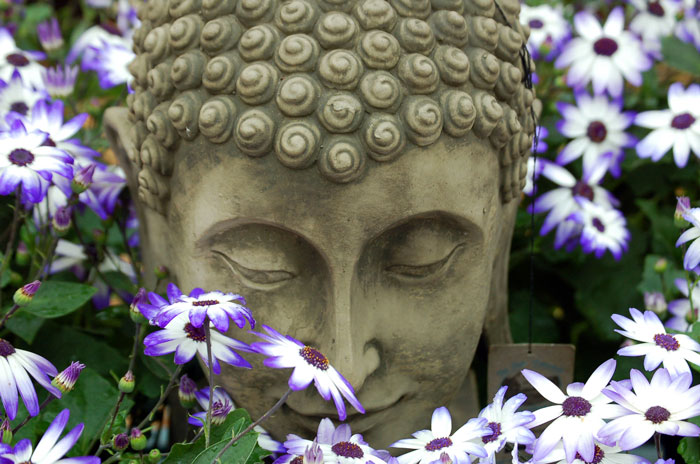
Image credits: LoneerBoii
#4 In South Korea, Both Girls And Boys Hold Hands And Nobody Cries Homophobia At It

Image credits: Frizeo
#5 There's A Specific Time Of "Past Tense" In Turkish Called "Gossip Tense"
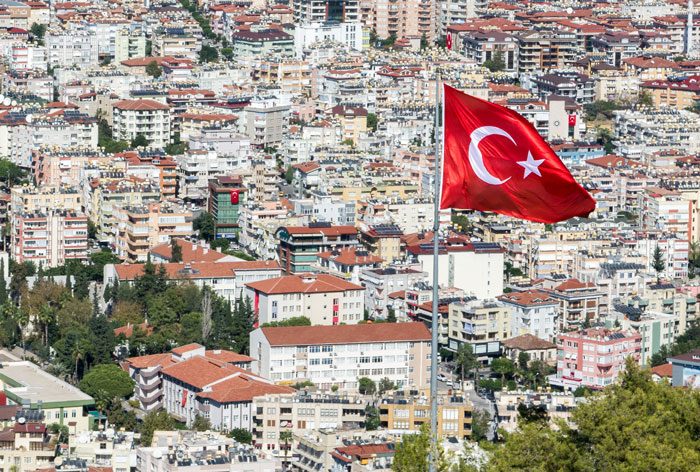
Image credits: airbagpiper
#6 Mandarin, Cantonese, And Other Chinese Dialects Have The Same Written Language, But Are Mutually Unintelligible

Image credits: babystay
#7 In Buddhism, The Question Of A "Universal Creator" Doesn't Really Matter
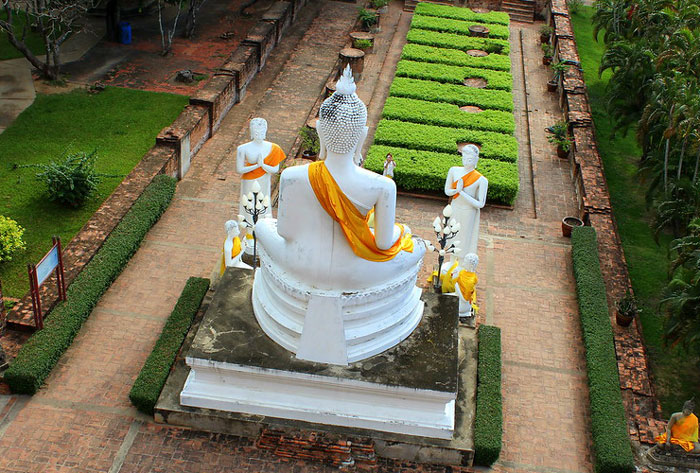
Image credits: FearlessLingonberry
#8 Pingelap Atoll, The Micronesian Island Of The Colorblind

Image credits: Unleashtheducks
#9 Late Living Habits Of The Spanish
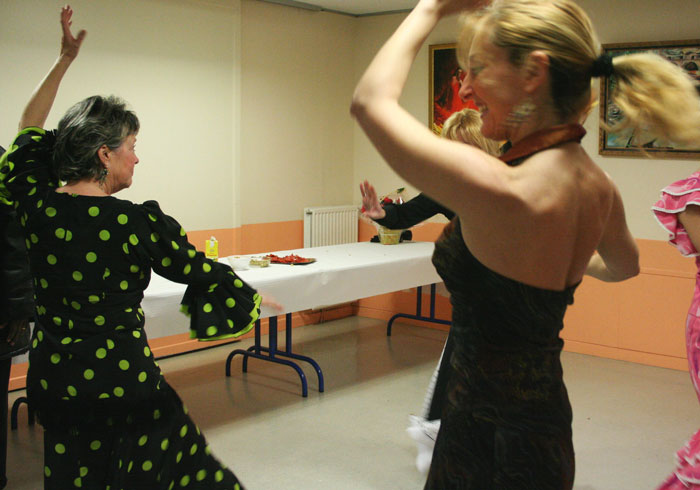
Image credits: adubsi
#10 Not Everyone In The World Eats Rice

Image credits: Xivlex
#11 Our Internal Visualization Of Time More Or Less Follows The Direction Of Writing

Image credits: billionai1
#12 A Lot Of Americans Heavily Rely On Cars To Get Around

Image credits: MitchellBoot
#13 India Has More Than 200 Languages And Dialects
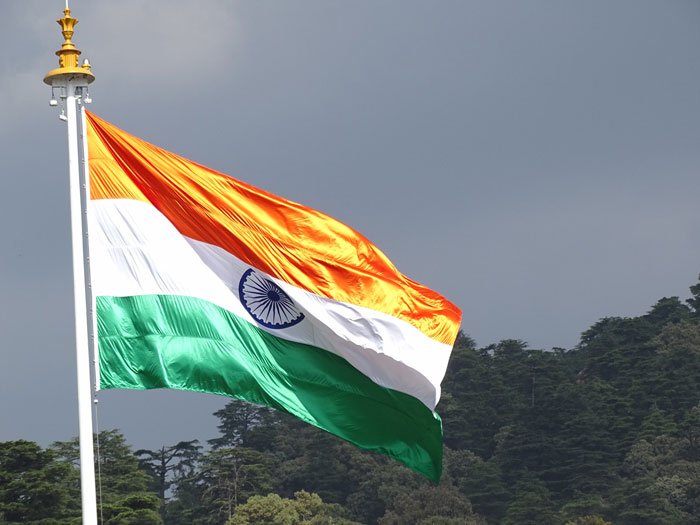
Image credits: Hlodvigovich915
#14 In Denmark, People Often Leave Strollers With Their Kids Outside

Image credits: I_N_C_O_M_I_N_G
#15 Croatian, Bosnian, Serbian—Essentially The Same Language

Image credits: Kodiak-Marmoset
#16 There's A Certain Routine You Have To Go Through When Picking Up A Call In Switzerland

Image credits: mrafinch
#17 Water Is Free In Restaurants In Some Parts Of The World

Image credits: White_07
#18 De-Brancing A Tree, Decorating It, And Strapping The Tree To The House Of A Love Interest... In Germany

Image credits: Radioman_70
#19 Whether People Treat You, Or Your Treat People On Your Birthday Depends On The Culture

Image credits: theottozone
#20 There Are Several Versions Of The Bible Depending On The Christian Denomination
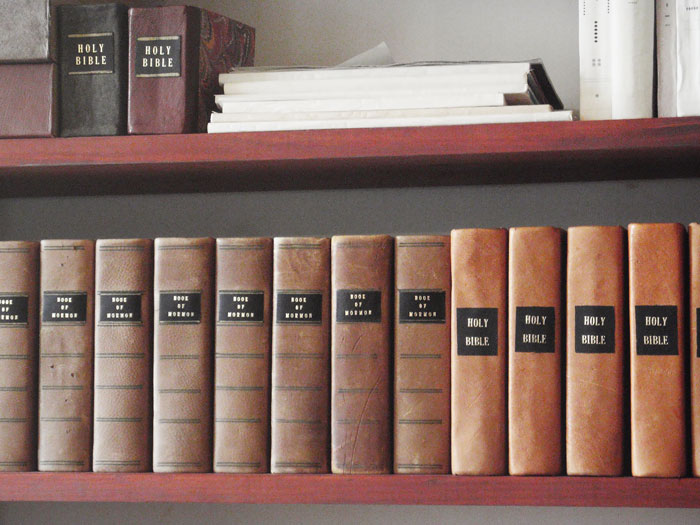
Image credits: auntiepink
#21 An Untranslatable Word In Russian That Roughly Means A Feeling Of Intense Mental Anguish, Often With No Explainable Cause
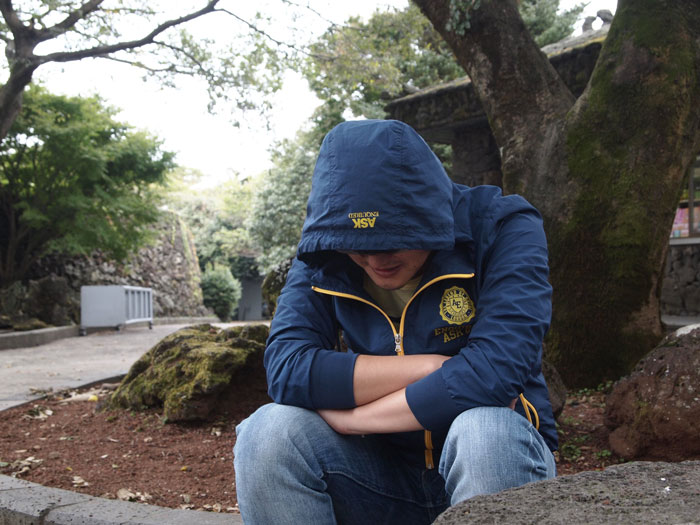
Image credits: TchaikenNugget
#22 Some Hindy Rituals Involve Slamming Coconuts

Image credits: madkeepz
#23 Taiwan Temple Communities Consist Of Lost Boys And "Society's Rejects"

Image credits: Glitter-Pompeii
#24 Some Americans Have Garbage Disposals In Their Sinks

Image credits: wetlettuce42
#25 Tipping Is A Must In Canada

Image credits: mufflednoise
In Sikhism, the turban is a symbol of total equality.
Before Sikhism was the religion it is today, the turban was worn only by the wealthy upper classes. The person who started the Sikh religion donned the turban to show people that everyone is truly wealthy in spirit, and that it is the duty of all people, rich or poor, to help one another.
So the Sikh turban became a symbol of equality in humanity, and as a sign that that person can be turned to for help.
Not only is Jesus in the Quran, he is the most mentioned person in the Quran (if you count direct and indirect mentions). Islam teaches Jesus was a prophet and was a precursor to Muhammad.
In other words, Jesus is a central figure in the Quran, and the Islamic faith not only believes in Jesus but generally reveres him.
Buddha has snails protecting his head so that he can meditate in the scorching sun. And here I thought it was a hair style.
I taught English in a middle school in South Korea. When I was roaming around in the hallways, I found that not only were the girls holding hands, some boys were holding hands as well. They were just "friends". There weren't any homophobic cries or jokes being made. In North America, if that happened, you'd be automatically labeled gay.
In Turkish, there's a so-called "gossip tense." A specific kind of past tense that indicates that someone else told you this.
Chinese languages: mandarin and Cantonese and other Chinese dialects are mutually unintelligible but the written language is exactly the same. Two Chinese people speaking different dialects would have no idea what each other is saying but they could communicate by writing
When I first became Buddhist, the fact that the Buddhist response to the question of whether there was a creator of the universe or not is basically "It doesn't matter". It's one of a list of questions that the Buddha was asked and refused to answer one way or another, or even speculate on, because they're irrelevant to Buddhism. Coming from a Western background, it kind of blew away a lot of my ideas about the purpose and function of religion.
There’s a Micronesian island where all the inhabitants are color blind. They know when fruit is ripe by the smell. It just gave me a new understanding of how people see the world and the different pathways cultures take to solve the same problems.
The Spanish eat dinner at like 10pm and party until like 4am and still have energy to go to work the next day. Idk where they get the reserve of energy to do that but it’s wild
I remember when I was a kid I was shocked when I realized a good chunk of the world did not eat rice regularly in meals lol.
Our internal visualization of time more or less follows the direction of writing.
I'm from Brazil, and i can only speak for Brazil, but this feels online with the rest of euro-centric culture.
I mean that when we talk about the Past or the Future, the trend to gesture from left to right, which just so happens to be the way we write. I spent some time in Taiwan, where they used to write from top to bottom and sure enough, "yesterday" is literally translated as "the day above" and tomorrow is translated as "the day below". And it's more than just that, think of timelines, horizontal versus vertical. The whole internal visualization seems to be related to that
I would love some input from someone who speaks a language written from right to left because right now this theory feels like grasping at straws but somehow kinda right. Please someone prove me wrong
That a lot of americans literally cannot get anywhere without a car and that getting your drivers license is as a result extremely vital for gaining any independence (which is why the car is so synonymous with the american meaning of 'freedom'). I've talked to americans for years and only recently thanks to Not Just Bikes did I find out just how car centric american culture is.
Adam Jones said:
India has more than 200 languages and dialects.
candygram4mongo replied:
India and China are both better understood not as analogous to European countries, but as what Europe as a whole would look like if they had a single government.
Danish people leave their children outside of stores when they go shopping.
Being from the USA, you would be arrested for that 100%. Immigrants have been in the past, probably more than I would ever have thought.
Kodiak-Marmoset said:
Croatian, Bosnian, Serbian: essentially the same language.
scelt replied:
Same people too, but don't even try to tell them that. If you would suddenly remove religion, I have no idea what would they find to argue about, but they would find something.
Source: I'm one of them. Won't tell you which, but as you see, it doesn't matter.
In Switzerland, perhaps A and D too, when you pick up the phone there is a routine that must play out before the conversation continues:
*ring ring*
Receiver: “Hello this is *business*, my name is *surname*, good day.”
Caller: “Hello Herr/Frau *surname*, my name is *surname*.”
R: “Good day, Herr/Frau *surname*”
C: “Good day, Herr/Frau *surname*. I am calling because ….”
Also you can’t just say goodbye and hang up, you will spend a good 2min saying goodbye and wishing the other a good day/evening/weekend and thanking them and saying you’re welcome until you both say “Also Tschüs” and **then** hang up.
I'm from South America, when I went to Germany I went to a meeting in a bar and ordered water out of politeness so I wouldn't be there without paying for anything, bc I don't drink alcohol. To my surprise water is free and from the tap. Started ordering sparkling water instead from there on lol.
In Germany there is a holiday in which, during the dead of night, a guy will get his friends together, take a thin, tall tree, strip it of its branches, decorate it, write the name of a romantic interest on it, then anonymously strap that tree to the house of said romantic interest.
When I was first told about this, I thought my German instructors were exaggerating, but nope. The next day the city was FILLED with decorated trees. And I didn't hear anything that night. I still don't know how they did it so quietly.
Some cultures your friends treat you on your birthday and other cultures you treat your friends on your birthday. An example would be paying for a birthday dinner with friends.
I had no idea that Catholics had more books to the Bible than Protestants had until I was a young adult.
Studying the Russian language, I came across this really interesting word, тоска (toska) and its verb form, тосковать (toskovat’). Its meaning is very difficult to translate into English because it has such a deep cultural context, but it essentially can mean, depending on context, a sort of heart-wrenching, painful longing, or a sense of nostalgic wistfulness, sometimes for something you don’t even know. From the Russian-language wikipedia article for this word:
>No English noun conveys all the shades of the word. On the deepest and most painful level, it is a feeling of intense mental anguish, often with no explainable cause. In less severe cases, it can be aching heartache, a desire for incomprehensible what, painful languor, vague anxiety, torment of the mind, an unclear craving. In specific cases, it means striving for someone or something, nostalgia, love and suffering. At the lowest level - despondency, boredom.
What’s interesting about this word is just how much this feeling absolutely permeates Russian literature and music. For instance, there’s this one piece I absolutely love where one part of it always gave me the sense of reaching towards something desperately, but never quite grasping it. I never knew how to describe it, but this word encompasses it perfectly.
Edit: Because a few people asked, the piece I had in mind was the Passacaglia from Shostakovich's Violin Concerto no. 1
Some Hindu rituals involve slamming coconuts into the ground. I remember passing through a street in Chennai in a cab and all of a sudden like 50 people slamming coconuts into the ground at the same time
I can't wait to go back
Temple culture in Taiwan:
The people who run the temples, and put on holiday performances for their respective gods, are a community of lost boys and society's rejects. They have an unsavory reputation, associated with petty crime and drug use. Each temple is basically a carnie street gang with a folk religion theme. They take your real money in exchange for fake money, which you are supposed to burn so your ancestors have money in the after life (insert mandatory inflation joke). Sometimes the temples have rivalries, and brawls break out between devotees during religious festivals and competitions.
Folk religion is alive and well in Taiwan, but at the same time, people who take it seriously have a "trailer trash" image, so it's considered cringy to be too interested in it. Good upstanding citizens just burn incense, say a prayer to their ancestors, take pictures if it's a touristy temple, and leave.
wetlettuce42 said:
That Americans have garbage disposals in their sinks.
president_of_burundi replied:
I'm American and they might as well be a myth to me. I've only ever seen them in horror films, so as far as I know they're just a thing that you accidentally drop something down, then reach into to provide Dramatic Tension and/or get all your fingers cut off.
Coming to Vancouver, Canada and learning not only that I _had_ to tip, but that the nicer the place (meaning the pricier the food), the higher the expected tip up to the “standard” 20%.
I remember being new around 8 years ago. I went to a kinda nice restaurant downtown and treated a few folks, left a 5% tip for service I thought was bare minimum. The server came up to me as we were leaving - she must have been having a bad day or something, because she was literally on the verge of tears asking what she did wrong. I caved of course, and gave her the missing 15% in cash. Still, that was bizarre.
































